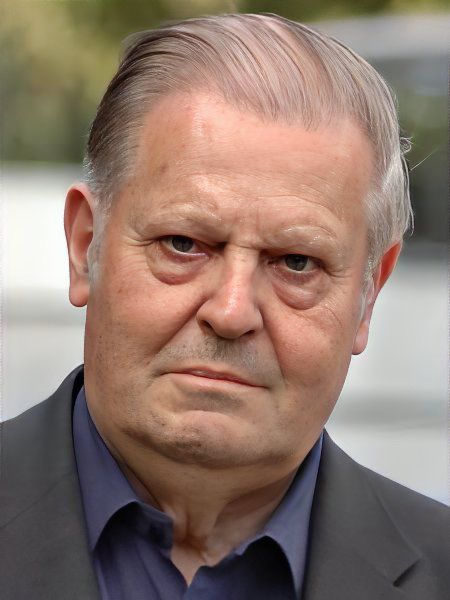The Institute for Tobacco Studies (ITS), headquartered in Täby, Sweden, has released a thought-provoking paper, calling on the World Health Organization (WHO) to reevaluate its approach to tobacco control by studying the successful Swedish transition from cigarettes to smokeless alternatives. The paper is available on the Qeios platform.
Dr. Lars M. Ramström, the principal investigator at ITS, is an esteemed researcher in the field of tobacco control with a track record of international engagement, including serving as a WHO expert and as the secretary general of the 4th World Conference on Smoking and Health.
The paper asserts that Sweden provides an exemplary model of how non-combustible tobacco products can significantly contribute to public health. Sweden boasts the lowest smoking prevalence among men in the European Union, consequently leading to the lowest tobacco-related mortality. The paper emphasizes the need for WHO to employ science-based strategies comprehensively to reduce tobacco-related deaths.
While the WHO has made valuable recommendations for both demand and supply reduction in tobacco control, the paper argues that the strategy remains incomplete without the inclusion of harm reduction—the third pillar of tobacco control outlined in Article 1 (d) of the WHO’s Framework Convention on Tobacco Control (FCTC).
The upcoming meeting of global health leaders in Panama in November, known as the COP10, offers a unique opportunity to reevaluate the latest evidence with an open-minded approach. The paper points out that had Sweden adhered to WHO’s advice two decades ago by banning snus (a smokeless tobacco product), tobacco-related deaths in the country would likely have been substantially higher, and the unintended beneficiary of such action would have been the cigarette industry.
Central to the Panama debate is the handling of “novel and emerging tobacco and nicotine products.” The WHO’s perspective, largely mirrored in FCTC COP10 reports and decisions, categorizes these products as new threats to public health, potentially jeopardizing decades of anti-smoking progress.
However, the paper highlights a growing consensus among scientists and national governments that these innovative products represent an opportunity to expedite the decline of smoking. Since they do not involve burning tobacco, these alternatives are estimated to be considerably less harmful. They can potentially act as substitutes, displacing smoking and thus enhancing public health.
Dr. Ramström underscores a critical distinction: most “tobacco-related” deaths are, in fact, “smoking-related” deaths, resulting from the repeated inhalation of smoke produced when tobacco combusts. By eliminating combustion from the equation, the harm can be significantly reduced. This highlights the long-known fact that people smoke for nicotine but ultimately succumb to the dangers of tar.
The paper strongly urges the WHO to closely study the experiences of countries like Sweden, Norway, Japan, and New Zealand, where the transition to non-combustible alternatives has been instrumental in curbing smoking. For instance, Norway is currently on a trajectory similar to Sweden’s, with daily smoking reaching record lows and near extinction among specific population groups, largely due to snus use.
In Japan, a substantial number of smokers have transitioned to heated tobacco products, contributing to an unprecedented drop in smoking rates, falling from approximately 20 percent in 2014 to 13 percent in 2019. In New Zealand, vaping has played a pivotal role in reducing daily smoking rates to just 8 percent, significantly benefitting even traditionally underserved populations like the Pacific and Māori communities.
The paper further calls upon COP10 delegates to make decisions based on real-world scientific evidence during the meeting. It emphasizes that in the case of smoking, the WHO need not reinvent the wheel but should instead follow the evidence and Sweden’s example, in the interest of the approximately one billion smokers who do not have the privilege of residing in Sweden.






